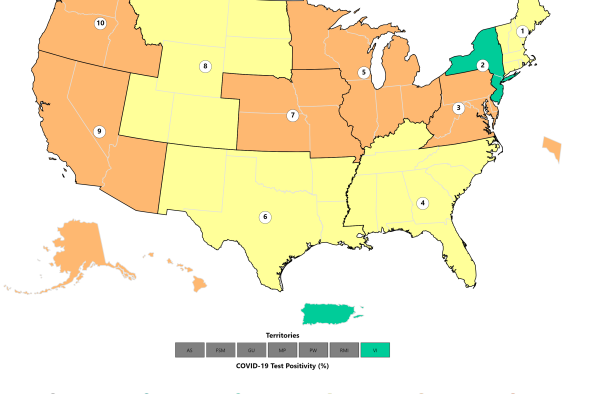Rates of post-traumatic stress disorder (PTSD) and common mental health issues like depression and anxiety are on the rise among military personnel and ex-servicemen in the United Kingdom.
These are the latest findings from a two-decade study on the mental well-being of about 4,100 UK military personnel who served during the conflicts in Afghanistan and Iraq.
About 280,000 UK service members were deployed to either country between 2001 and 2014, when the British withdrew combat forces from Afghanistan. They fully withdrew in 2021.
The new study from King’s College London, which was funded by the UK’s Office for Veterans’ Affairs (OVA), found that two in three active service members and veterans do not report mental health issues.
But one in three – a "substantial minority," the report says – suffer from common mental disorders, PTSD, or alcohol misuse.
Related- A 'burnt-out nation'? UK struggles with high levels of stress-related work absence
The rate of common mental health disorders is now 27.8 per cent, up from 21.9 per cent, while the alcohol misuse rate has fallen slightly and appears to have levelled off at 8.4 per cent.
Overall, the rate of probable PTSD is now 9.4 per cent, up from 6.2 per cent in the study’s last wave from 2014-2016.
"PTSD is a potentially life-changing condition that can be difficult to treat,” said Marie-Louise Sharp, one of the study’s authors and a senior research fellow at King’s Centre for Military Health Research.
PTSD rates are higher among ex-servicemen than active troops (10.5 per cent to 7.4 per cent), pointing to the difficulties they may face as they transition to civilian life, Sharp said.
PTSD rates are also higher among veterans who deployed to Iraq or Afghanistan than those who weren’t deployed, and among both veterans and active personnel who were in combat as opposed to support roles.
Investing in mental health services for veterans
Notably, the vast majority of those with PTSD had symptoms of complex PTSD, a chronic condition that can affect people’s ability to regulate their emotions and is harder to treat, said Dr Simon Wessely, a psychiatry professor at King’s College London and one of the study’s principal investigators.
Researchers said PTSD rates could be rising because veterans are at higher risk of PTSD than active personnel, and as time goes on, there are more veterans in the research cohort. The average age of the group is 51 years, and 86 per cent are men, who tend to report more mental health issues as they age.
Finally, people may be more aware of mental health symptoms than in the past, and more willing to seek help, Sharp said.
The findings underscore the complexity of veterans’ mental health needs, including their “transition from leaving the armed forces, and experience of loneliness and caring responsibilities amongst veterans and their families,” Dr Elaine Johnston, a member of the British Psychological Society’s crisis, disaster, and trauma psychology group, said in a statement. She was not involved with the study.
Related- Simple blood test could help with PTSD screening, scientists say
Study authors said greater investment in mental health services is needed for active service members and veterans alike, as well as an assessment of how well-equipped these programmes are to manage complex conditions. In the report, more than one in 10 people experienced multiple mental health problems or alcohol misuse.
“Screening doesn't always work,” Sharp said, for example, if doctors identify that someone is struggling with their mental health but then they don’t go on to seek help.
Researchers warned that the COVID-19 pandemic may have affected the findings, given the latest wave was conducted in 2022 and 2023.
They also said the results may not hold true for military personnel who served in later conflicts, pointing to a need for continued research on service members’ mental well-being across generations.
“In many ways, the rates of PTSD are lower than you might expect,” Wessely said, but given the realities of war and military service, it is difficult to eliminate entirely.
“Acknowledging the enduring impact of these conflicts on mental health offers valuable lessons for supporting both past and future generations of military personnel,” he said.
Disclaimer: The copyright of this article belongs to the original author. Reposting this article is solely for the purpose of information dissemination and does not constitute any investment advice. If there is any infringement, please contact us immediately. We will make corrections or deletions as necessary. Thank you.




